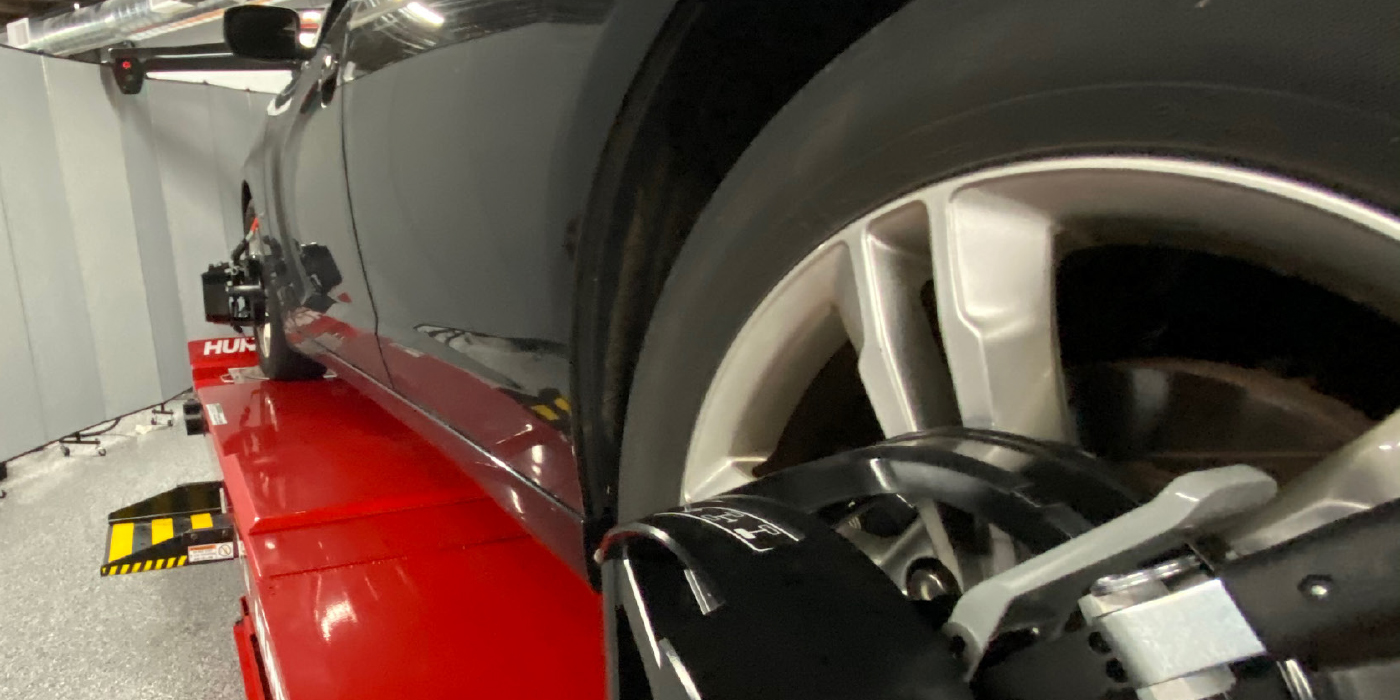TPMS sensors last a long time on a vehicle because they wake up for use and sleep when not in use. How do they know? Andrew Markel explains. Sponsored by Standard.
Video courtesy Brake & Front End.
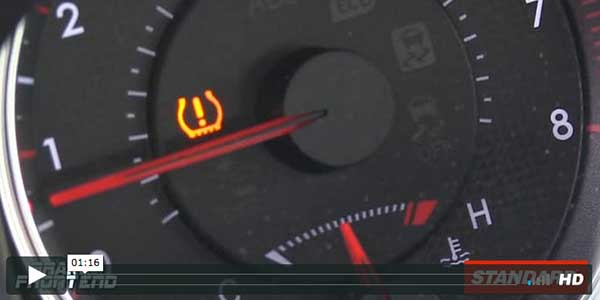
TPMS sensors last a long time on a vehicle because they wake up for use and sleep when not in use. How do they know? Andrew Markel explains. Sponsored by Standard.
Video courtesy Brake & Front End.
Troubleshooting the problem comes down to knowing the failure, vehicle or fixtures.
If you have invested in the fixtures and scan tools to perform ADAS calibrations, you know most systems will walk you through the entire process. But, what happens when you follow the directions and the process still won’t initialize or complete or a malfunction light comes on?
Sheer material differences aside, what are the features and benefits of aluminum and iron engine components?
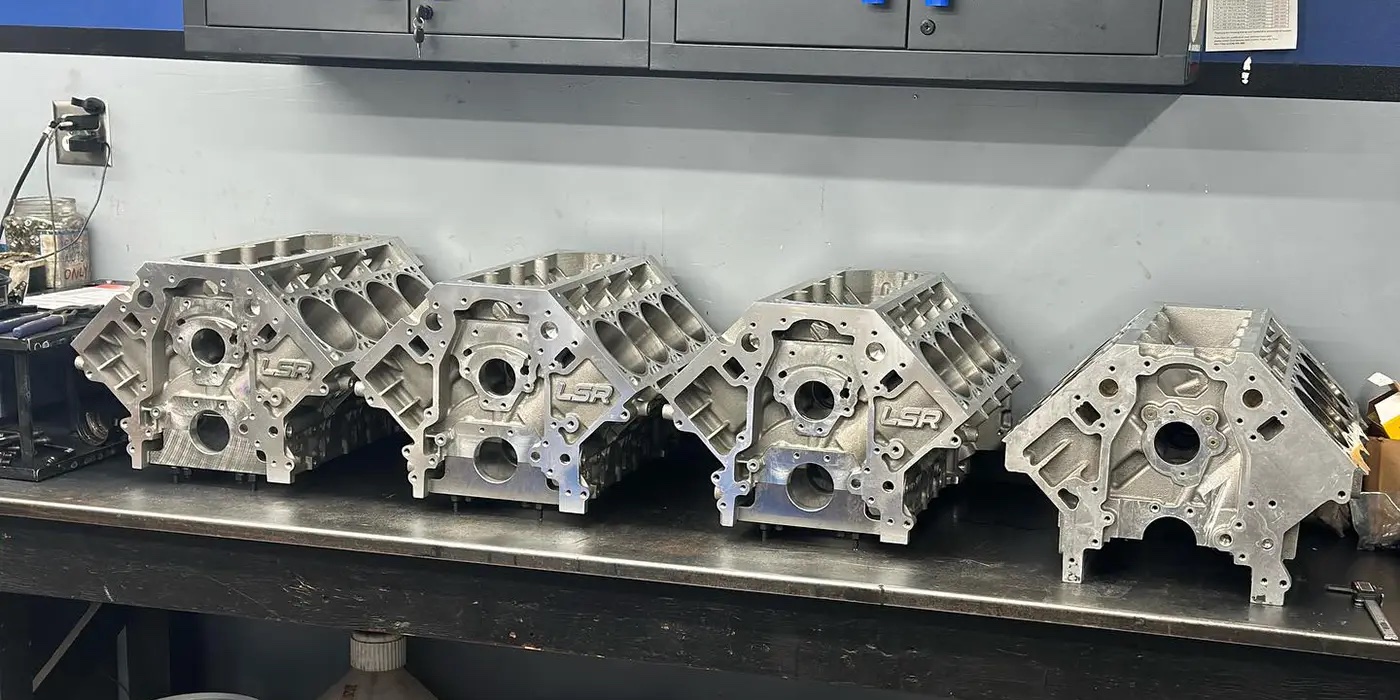
Ford has revised the service information for the inspection and pinpoint tests of the turbocharger and oil lines.
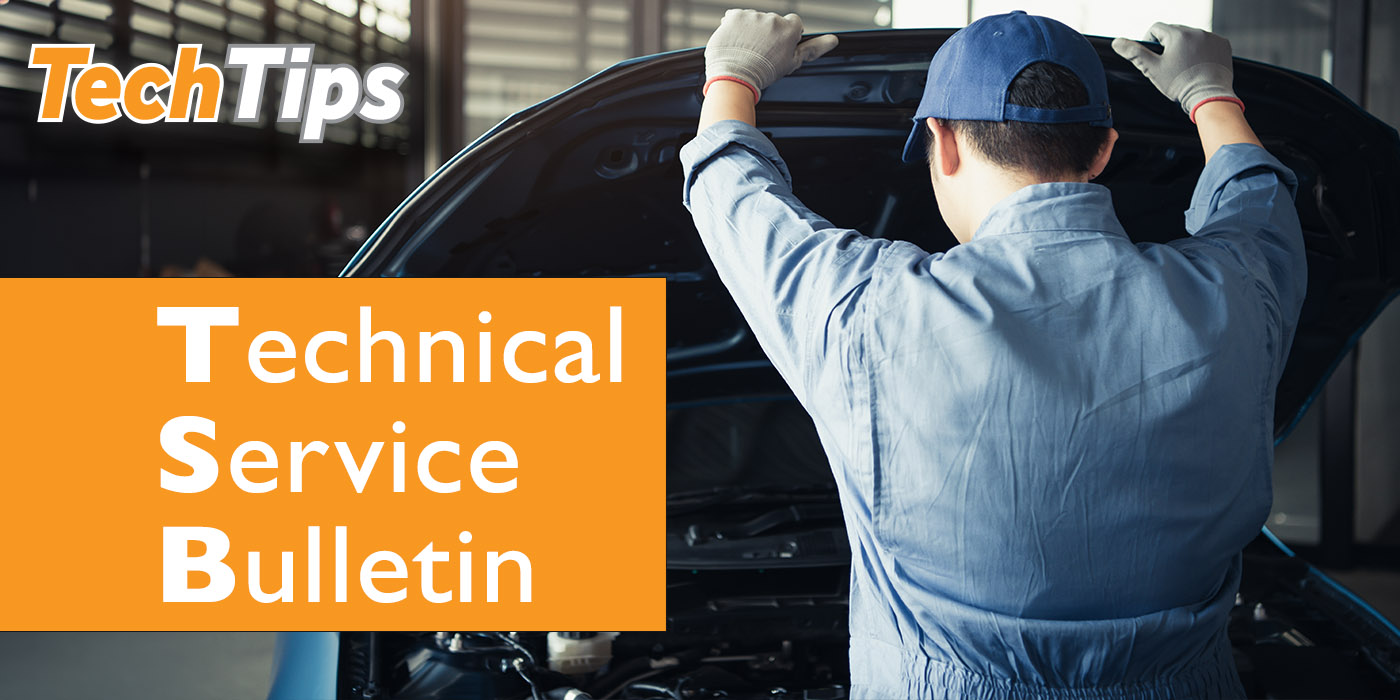
Since 2006, advanced driver assistance systems (ADAS) have evolved from active cruise control to autonomous driving controls.
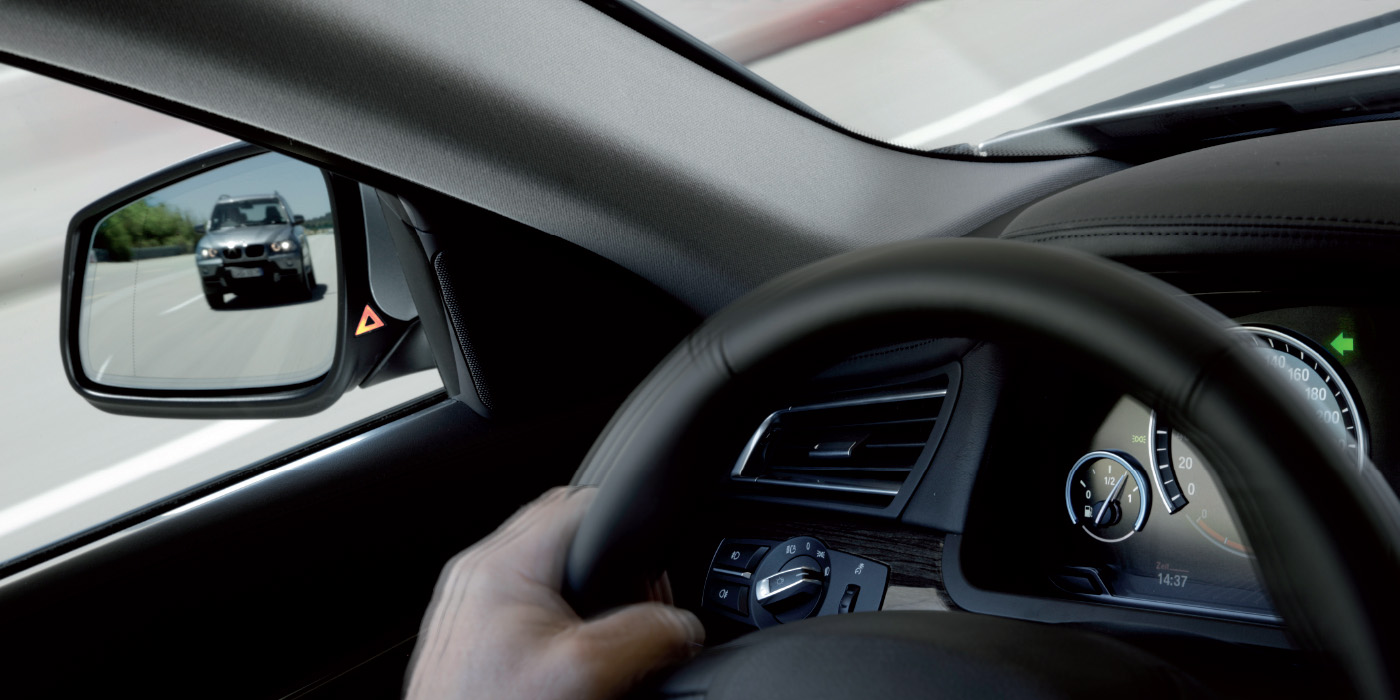
Imbalance in the engine exhibits vibration and damage. Balancing becomes critical to any engine build.
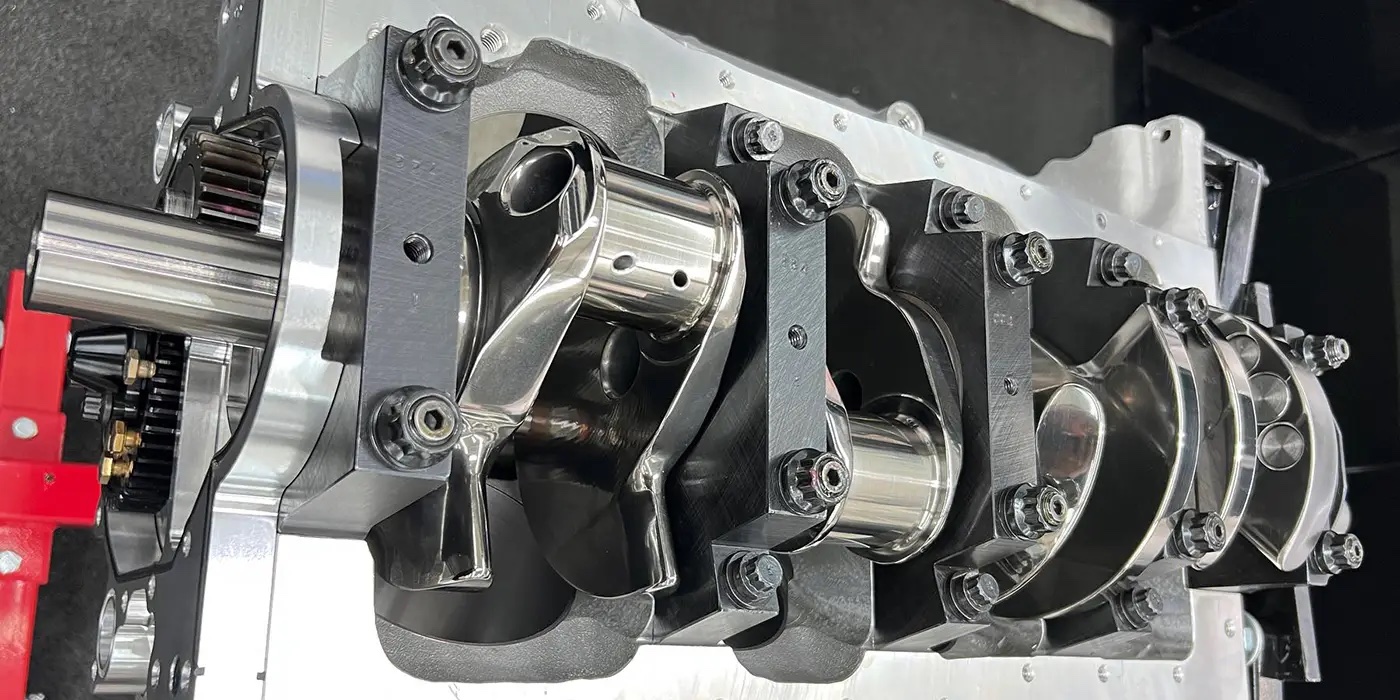
What if there are no codes and a misfire is intermittent? This is where it gets complicated.
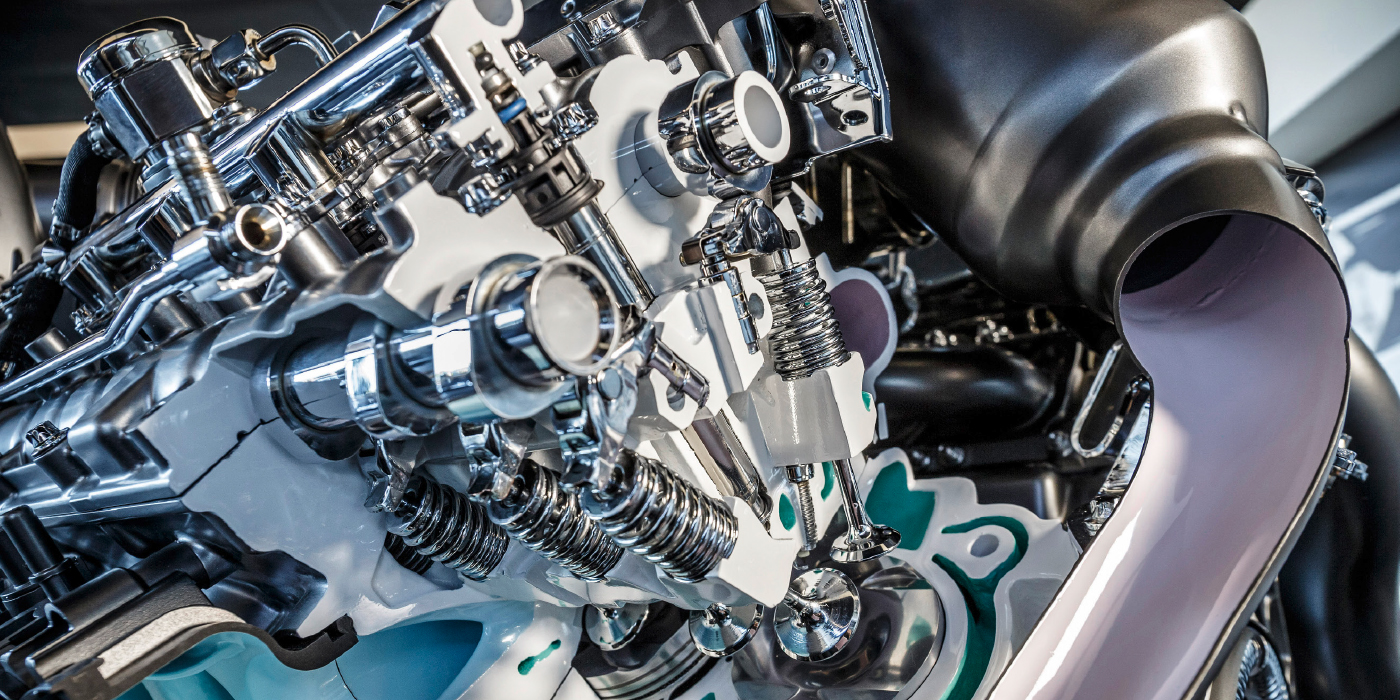
Following best practices and using appropriate equipment ensure customer satisfaction and safety.
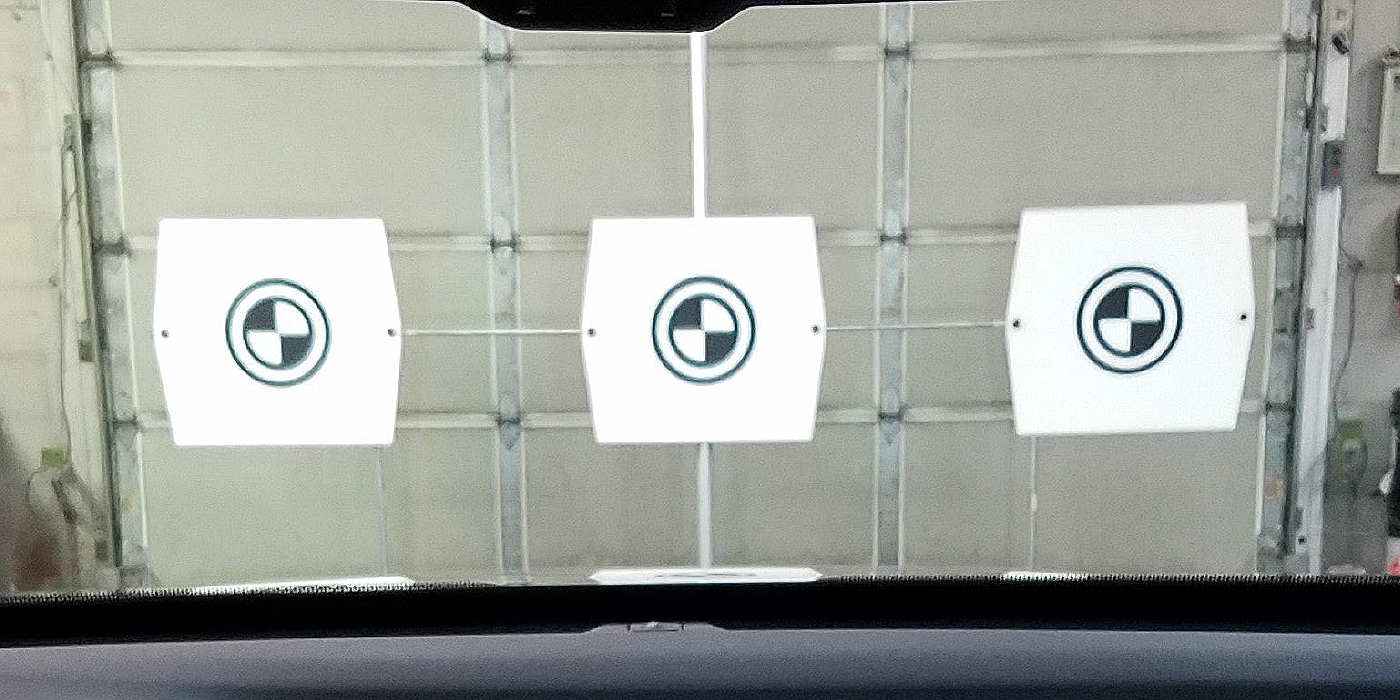
Use a scan tool that can look at special direct fuel injection parameters and perform bidirectional tests.
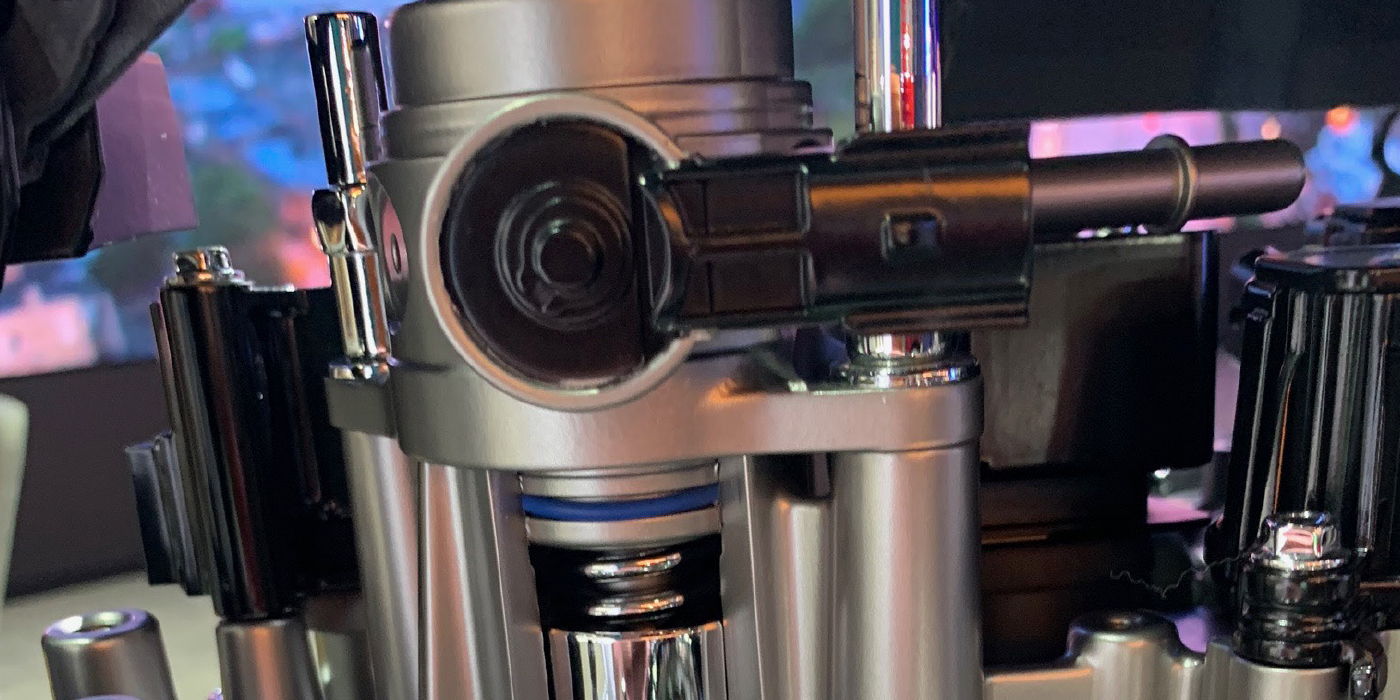
If camber, caster or toe are out of specifications, there is usually a reason why.
